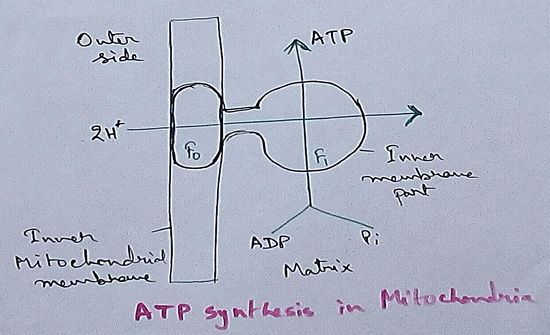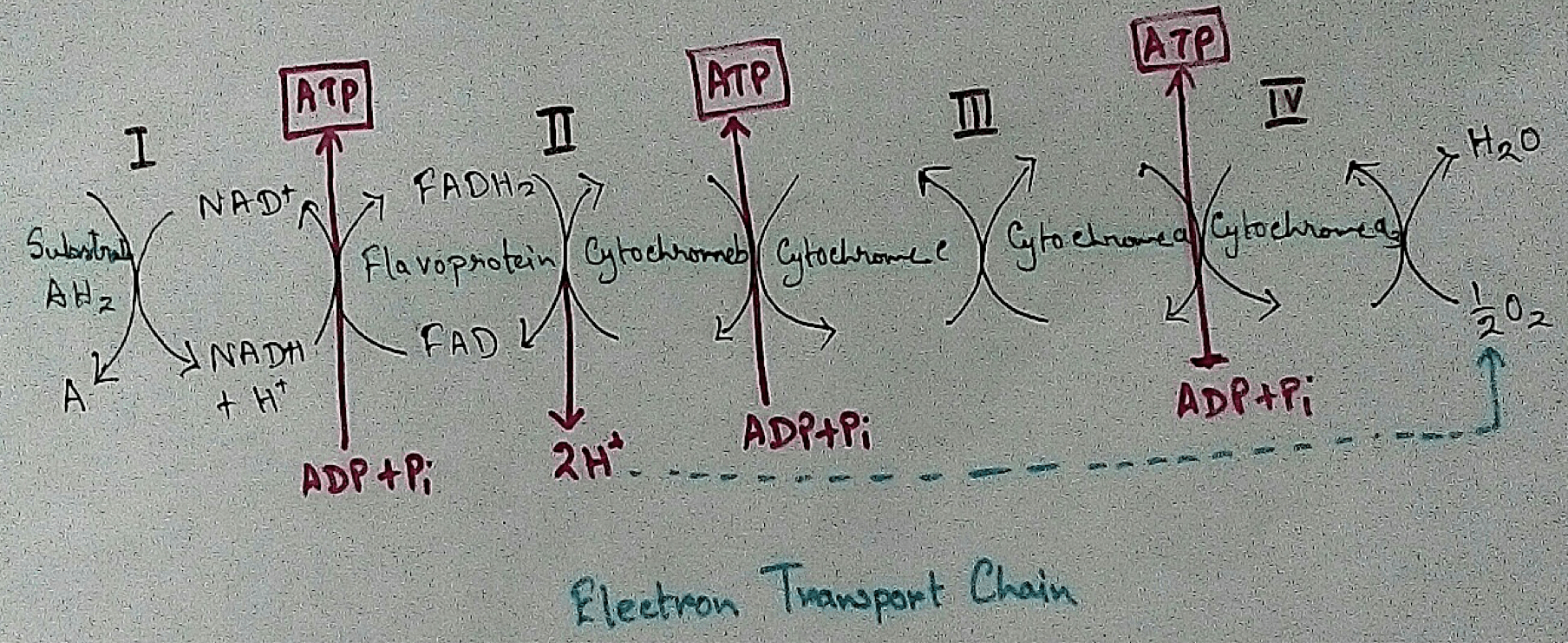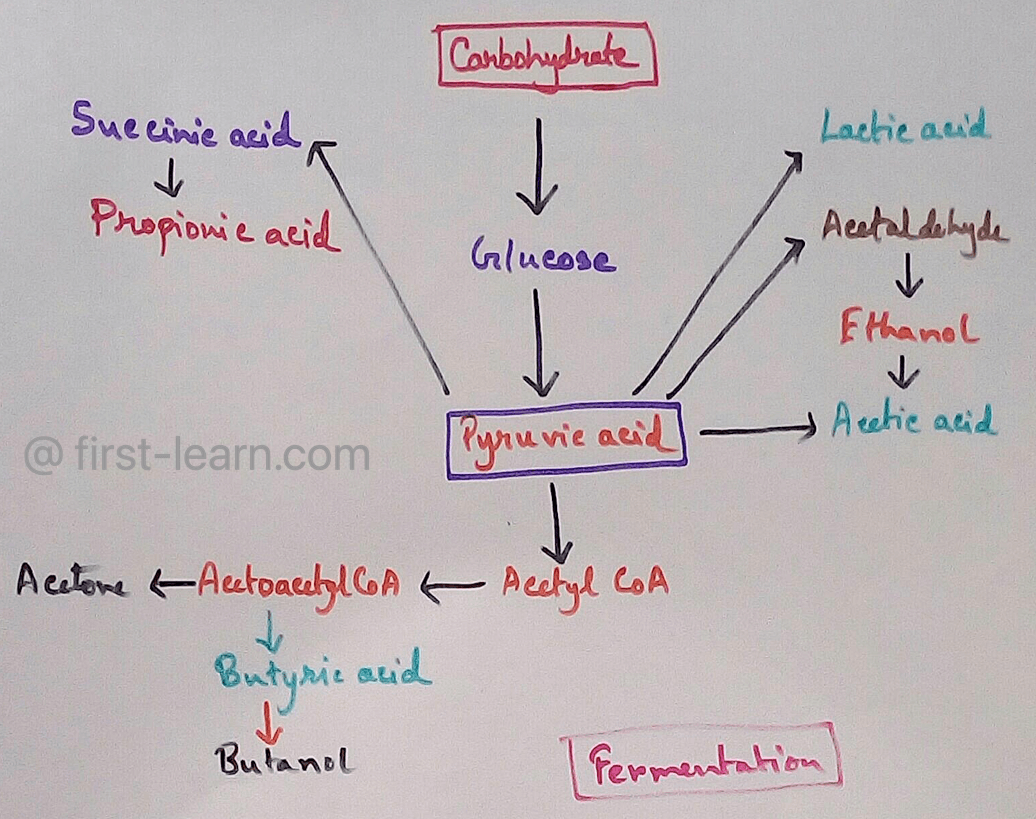Impact of Drug Use on Human Body
What starts off as a recreational pastime to indulge friends who insist or to gel in with peers voluntarily, Drug Abuse may soon become the single most overwhelming factor having absolute power to alter gene expression and functioning of the brain with life threatening implications. Though drug abuse, in totality is essentially debilitating yet the actual effect varies depending on a person’s age, gender, individual physiology, genetic make-up and mental health condition.
Drugs not only effect feelings, moods, behavior, decision making ability, retention power, and learning but also has serious impact on physical health leading to motor malfunctioning, cancer, heart diseases, lung and renal disorders,liver malfunctioning and mental ailments. Even highly infectious and life threatening diseases as HIV, Hepatitis or tuberculosis may result on account of not only regular or persistent use of drugs but also single / first time use.
A sound mental health is an attitude to lead a positive way of life battling all odds but the desire to take drugs starts with a craving, usually to alleviate some stress or pain but soon becomes a crutch which is difficult to dislodge. Drugs interfere with the chemicals in the brain sending unnatural triggers for release of certain hormones which generate a false feeling of euphoria or deliriousness but eventually leave its victim totally deflated when its effect wears off. Psychoactive drugs such as Cannabis, Heroin, Alcohol, and Ecstasy create an elevated sense of well-being which is nothing but drug induced hallucinations which the brain is unable to sift out. The long term effect on brain is even more far reaching with drugs meddling with the strength and vulnerabilities of its victim leading to reduced inhibition, anxiety disorders, a fear of things spiralling out of control, fading out of one’s identity, false delusions, Bipolar Disorders and Attention Deficit Hyperactive Disorders leaving a person ecstatic at one point and dejected the very next.
Lifestyle of the victim is equally affected with him being plagued by changes in appetite, body temperature and sleeping pattern and loss of or gain of disproportionate weight.
The common substances of abuse such as alcohol, hallucinogens, opiates (such as heroin or prescription painkillers), barbiturates (prescription sedatives) and inhalants (easily available household products) all bring with them separate set of short term effects on the mind and body.
As the body gets used to these external chemicals, it slowly craves for more of it to gain the same effect, the process being known as tolerance and with increasing physical dependence comes the dread of deadly withdrawal symptoms once the person tries to wean off, making it very traumatic. This is what leads eventually to addiction or persistent use despite negative consequences.
Drug Use not only affects the individual but has far reaching implication on his family, friends and society, at large. It can lead to significant impairment from a person’s academic to professional to personal and social functioning. It has mind altering and life altering potential leading to increasing likelihood of ending up a victim, a recluse, a threat to organised society. Increasing aggression leads to violence, street brawls, domestic strife and legal issues. The numbing effect of drug use corrodes on one’s use of wisdom and judgement and blurs the signs of ethical order making a person more prone to sexual crimes and offences. Friends, families can best rally around the person affected and counsel him towards a detoxification programme which provides round the clock medical and psychiatric care.
English Grammar and Composition
From Impact of Drug Use on Human Body to HOME PAGE
Recent Articles
-
Respiratory Balance Sheet | TCA Cycle | ATP Consumption Process
Feb 18, 24 01:56 PM
The major component that produced during the photosynthesis is Glucose which is further metabolised by the different metabolic pathways like glycolysis, Krebs cycle, TCA cycle and produces energy whic… -
Electron Transport System and Oxidative Phosphorylation | ETC |Diagram
Feb 04, 24 01:57 PM
It is also called ETC. Electron transfer means the process where one electron relocates from one atom to the other atom. Definition of electron transport chain - The biological process where a chains… -
Tricarboxylic Acid Cycle | Krebs Cycle | Steps | End Products |Diagram
Jan 28, 24 12:39 PM
This is a type of process which execute in a cyclical form and final common pathway for oxidation of Carbohydrates fat protein through which acetyl coenzyme a or acetyl CoA is completely oxidised to c… -
Aerobic Respiration | Definition of Aerobic Respiration | Glycolysis
Dec 15, 23 08:42 AM
This is a type of respiration where molecular free oxygen is used as the final acceptor and it is observed in cell. Site of Aerobic Respiration - Aerobic respiration is observed in most of the eukaryo… -
Fermentation | Definition | Types of Fermentation | Application
Nov 29, 23 10:27 PM
Definition of fermentation- It is a process that is energy yielding process of anaerobic oxidation of organic compounds which are carried out by the enzyme action of micro organisms where neither gase…




New! Comments
Have your say about what you just read! Leave me a comment in the box below.